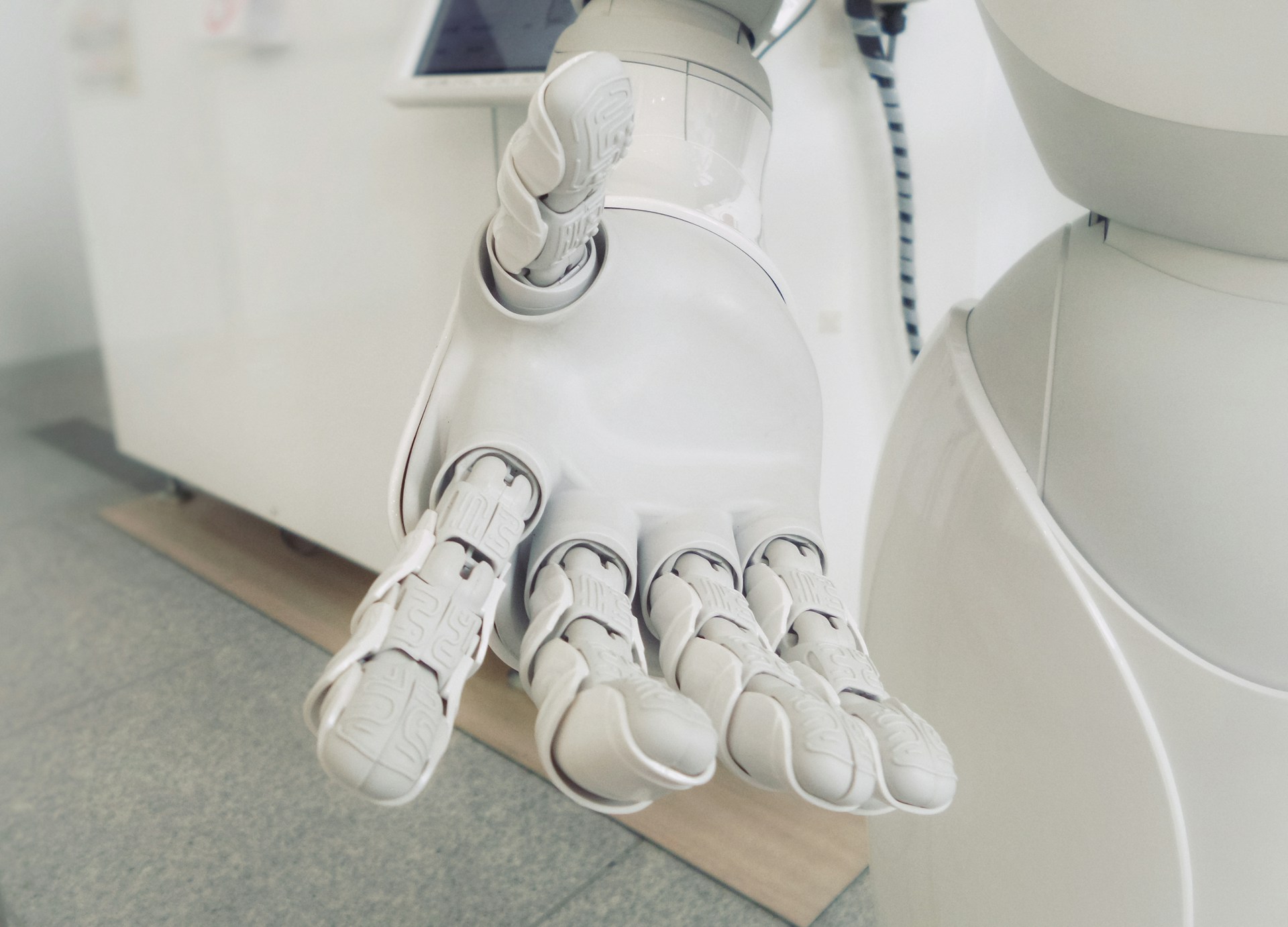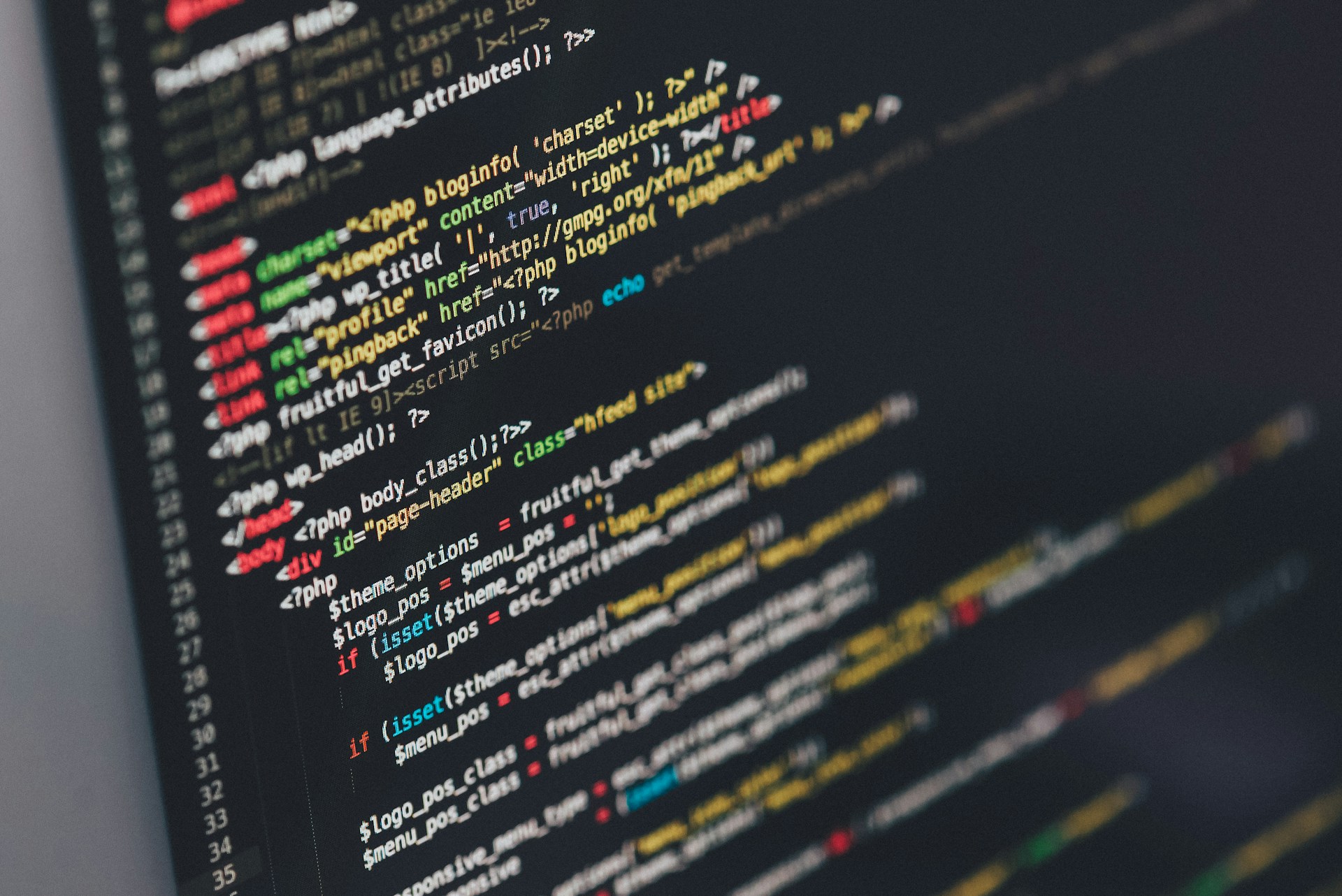The title of “eporer” conjures images of grandeur, authority, and a rich tapestry of history. From ancient Rome to modern-day Japan, emperors have played pivotal roles in shaping nations, cultures, and the very concept of leadership. This article delves into the multifaceted role of emperors throughout history, examining their significance, the power dynamics at play, and their lasting legacy.
The Origins of the Title eporer
The term “emperor” is derived from the Latin word “imperator,” which was originally a title given to victorious generals in ancient Rome. The transformation of this title into one associated with sovereign authority occurred during the reign of Augustus, the first Roman Emperor, who centralized power and established the Roman Empire. Augustus’s rule marked a shift from the Roman Republic, characterized by a complex system of checks and balances, to a more autocratic system where the emperor wielded supreme power.
The concept of empire—territorial expansion under a singular authority—also emerged in this era, setting the stage for the global expansion of the term “emperor” beyond Rome.
Emperors Across Civilizations
- The Roman Emperors: After Augustus, the title of emperor was adopted by a series of rulers, including notable figures like Nero, Trajan, and Marcus Aurelius. The eporer were responsible for military conquests, public works, and maintaining the Pax Romana (Roman Peace), which facilitated trade and cultural exchange across Europe, North Africa, and parts of Asia. The political structure was complex; emperors relied on a network of governors and local leaders to maintain control over vast territories.
- The Byzantine Empire: As the Western Roman Empire fell, the Eastern Roman Empire, known as the Byzantine Empire, continued to thrive with eporer like Justinian I. He is renowned for his codification of Roman law and significant architectural achievements, including the Hagia Sophia. Byzantine emperors claimed divine right and often intertwined their authority with the Orthodox Church, reinforcing their power through religious legitimacy.
- The Chinese Emperors: In China, eporer ruled over one of the world’s oldest continuous civilizations. The Mandate of Heaven was a crucial concept, legitimizing an emperor’s rule based on their ability to govern justly and effectively. Dynasties such as the Han, Tang, and Ming produced emperors who were not only political leaders but also patrons of culture, art, and philosophy. The Great Wall, the Grand Canal, and the Silk Road were significant undertakings during these periods, showcasing the emperors’ role in nation-building.
- The Japanese Emperors: Japan’s imperial lineage claims descent from the sun goddess Amaterasu, making the role of the emperor deeply spiritual. For centuries, the Japanese emperor held a ceremonial position, with real power often residing with shoguns. However, the Meiji Restoration in 1868 restored the emperor to political power, marking a significant transformation as Japan modernized and industrialized, ultimately becoming a global power.
The Power Dynamics of Empire
The authority of eporer often depended on a delicate balance of power among various factions, including military leaders, nobility, and religious institutions. While some eporer, like Augustus and Qin Shi Huang of China, managed to centralize power effectively, others faced challenges that led to their downfall.
- Military Influence: eporer frequently relied on military strength to maintain control. In Rome, the loyalty of the legions was paramount; an emperor could be overthrown if he lost the support of his generals. Similarly, in China, the stability of the dynastic cycle depended on military prowess.
- Noble Houses and Clans: In both Rome and Japan, powerful families often sought to influence imperial authority. In medieval Japan, for instance, the Fujiwara clan effectively controlled the eporerfor centuries, showcasing how noble houses could overshadow the throne.
- Religious Legitimacy: eporer often sought validation from religious institutions. In the Byzantine Empire, the emperor was viewed as God’s representative on Earth. This divine connection not only reinforced their power but also provided a justification for their rule.
The Cultural Impact of Emperors
Emperors have left an indelible mark on culture, influencing art, literature, and societal values. Their patronage often led to significant advancements in various fields.
- Art and Architecture: The architectural achievements during imperial reigns are testaments to their power and vision. The Colosseum in Rome, the Forbidden City in Beijing, and the Shwedagon Pagoda in Myanmar reflect the grandeur and cultural aspirations of their respective empires.
- Literature and Philosophy: eporer like Ashoka in India promoted Buddhism, leading to a flourishing of religious texts and philosophies. In China, Confucian ideals were often propagated under imperial rule, shaping societal norms and governance.
- Symbolism and Rituals: The role of eporeris often shrouded in symbolism. The Japanese emperor’s New Year rituals, for example, are steeped in Shinto beliefs, emphasizing the continuity of the imperial lineage and its divine connection.
Decline and Modernization
The role of the emperor has evolved significantly, particularly in the modern era. Many empires faced decline due to various factors, including military defeats, internal strife, and the rise of nationalism.
- The Fall of Empires: The Roman Empire’s fall in 476 AD exemplifies how external pressures and internal decay can lead to the collapse of an imperial system. Similarly, the Qing Dynasty in China succumbed to internal rebellion and external aggression, leading to the abdication of the last emperor, Puyi, in 1912.
- Transition to Constitutional Monarchies: In many countries, the concept of absolute monarchy gave way to constitutional monarchies, where emperors or kings became symbolic figures with limited political power. In Japan, the post-World War II constitution transformed the emperor into a ceremonial figure, reflecting democratic ideals.
The Legacy of Emperors
The legacy of emperors is complex and multifaceted. They are often remembered for their achievements in statecraft, culture, and military conquests. However, their legacies are also marred by tyranny, oppression, and the struggles for power that characterized many imperial courts.
In contemporary society, the concept of the emperor continues to resonate. The Japanese emperor, currently Emperor Naruhito, symbolizes continuity and national identity, embodying the historical and cultural heritage of Japan.
Conclusion
The title of “emperor” encompasses a rich historical narrative that reflects the rise and fall of civilizations, the complexities of power, and the enduring impact of leadership on culture. From ancient Rome to modern Japan, emperors have shaped not only their nations but also the global understanding of authority and governance. As we look to the future, the lessons drawn from the history of emperors remain relevant, reminding us of the intricate interplay between power, culture, and the human experience.











